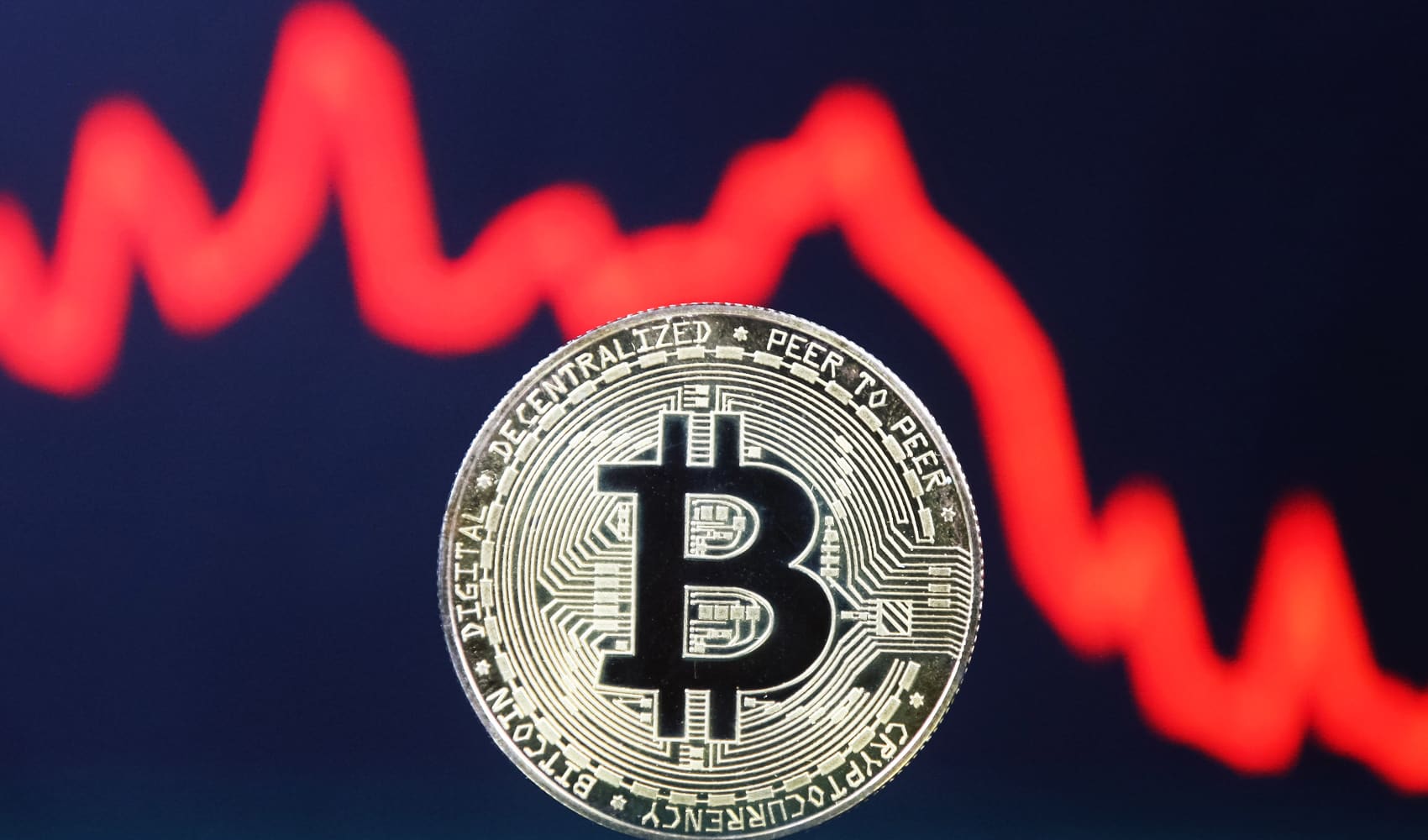
- Judge Juan Merchan delayed the sentencing date for Donald Trump in his criminal hush money case by more than two months.
- Trump's criminal sentencing, if it still happens, will now take place about seven weeks before the Nov. 5 presidential election.
- Trump's lawyers sought to challenge the guilty verdict following the bombshell Supreme Court ruling that ex-presidents are entitled to “presumptive immunity” for all official acts they performed in office.
- Trump was found guilty of 34 counts of falsifying business records in the case centered on a hush money payment to porn star Stormy Daniels.
A New York judge on Tuesday delayed Donald Trump's sentencing date in his criminal hush money case by more than two months, following a request by the former president's attorneys to challenge his conviction.
Trump's criminal sentencing, if it still happens, will now take place Sept. 18, about seven weeks before the Nov. 5 presidential election.
Trump, the presumptive Republican presidential nominee, was previously set to be sentenced July 11. But Manhattan Supreme Court Judge Juan Merchan in Tuesday's order canceled that date, while granting a request by Trump's attorneys to file a motion seeking to overturn his guilty verdict.
That request came in light of Monday's bombshell Supreme Court ruling that former presidents are entitled to “presumptive immunity” for all official acts they performed in office.
Trump's lawyers now have until July 10 to file a motion to set aside the hush money verdict. Prosecutors, who did not oppose Trump's bid to delay the sentencing date, must file their response by July 24.
Get Tri-state area news and weather forecasts to your inbox. Sign up for NBC New York newsletters.
Merchan said he will reach a decision on the matter by Sept. 6. Trump's sentencing will occur Sept. 18 at 10 a.m. ET, “if such is still necessary,” Merchan ruled.
Money Report
The Supreme Court's 6-3 decision instantly threatened to undermine some of the numerous active criminal cases against Trump.
The hush money case, which will likely be the only one against Trump to head to trial before the Nov. 5 presidential election, ended on May 30 with Trump's conviction on 34 counts of falsifying business records.
The case centered on a $130,000 payment made shortly before the 2016 election to porn star Stormy Daniels, who says she had sex with Trump while he was married years earlier. Trump's former attorney Michael Cohen, who made the payment, was reimbursed by Trump after he became president.
In a letter to Merchan on Monday, Trump's attorneys asked for a July 10 deadline to submit a legal memo in support of their bid to set aside the guilty verdict.
And “because of the complexity of the issues presented,” they added, “President Trump does not object to an adjournment of the July 11, 2024 sentencing date in order to allow adequate time for full briefing, oral argument, and a decision.”
The attorneys argued in the letter that, under the Supreme Court's latest ruling, certain evidence prosecutors introduced at trial “should never have been put before the jury" because it pertained to official presidential acts. Their letter referenced the then-president's social media posts and public statements.
“The verdicts in this case violate the presidential immunity doctrine and create grave risks of ‘an Executive Branch that cannibalizes itself,’” they wrote, quoting the majority opinion from Chief Justice John Roberts.
“After further briefing on these issues beginning on July 10, 2024, it will be manifest that the trial result cannot stand,” Trump's lawyers wrote.
Prosecutors from the Manhattan District Attorney's office, in their own letter to Merchan on Tuesday, said they believe Trump's arguments are meritless.
But “we do not oppose his request for leave to file and his putative request to adjourn sentencing pending determination of his motion,” the prosecutors wrote.
The Supreme Court's ruling came as part of a separate criminal case charging Trump with illegally conspiring to overturn his loss to President Joe Biden in the 2020 election.
That case was put on ice for months while Trump and special counsel Jack Smith grappled over whether former presidents are immune from prosecution for their official acts.
Judges in federal district court and the federal appellate circuit in Washington, D.C., had rejected Trump's claim of “absolute immunity” for all official acts.
But the Supreme Court's six-member conservative majority vacated those decisions, ruling Monday that ex-presidents have “at least presumptive immunity from prosecution” for those acts.
That immunity holds “unless the Government can show that applying a criminal prohibition to that act would pose no ‘dangers of intrusion on the authority and functions of the Executive Branch,’” Roberts wrote.
The majority also appeared to limit the evidence that can be used in a criminal prosecution of a former president, even if they are only accused of unofficial conduct.
Using evidence of official conduct in such a prosecution would defeat the intended effect of the president's immunity, Roberts wrote. Doing so “would thereby heighten the prospect that the President's official decisionmaking will be distorted.”
The decision drew a vehement response from the court's three liberal justices, including Sonia Sotomayor, who expressed “fear for our democracy” in a scathing dissent.






